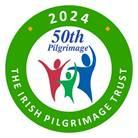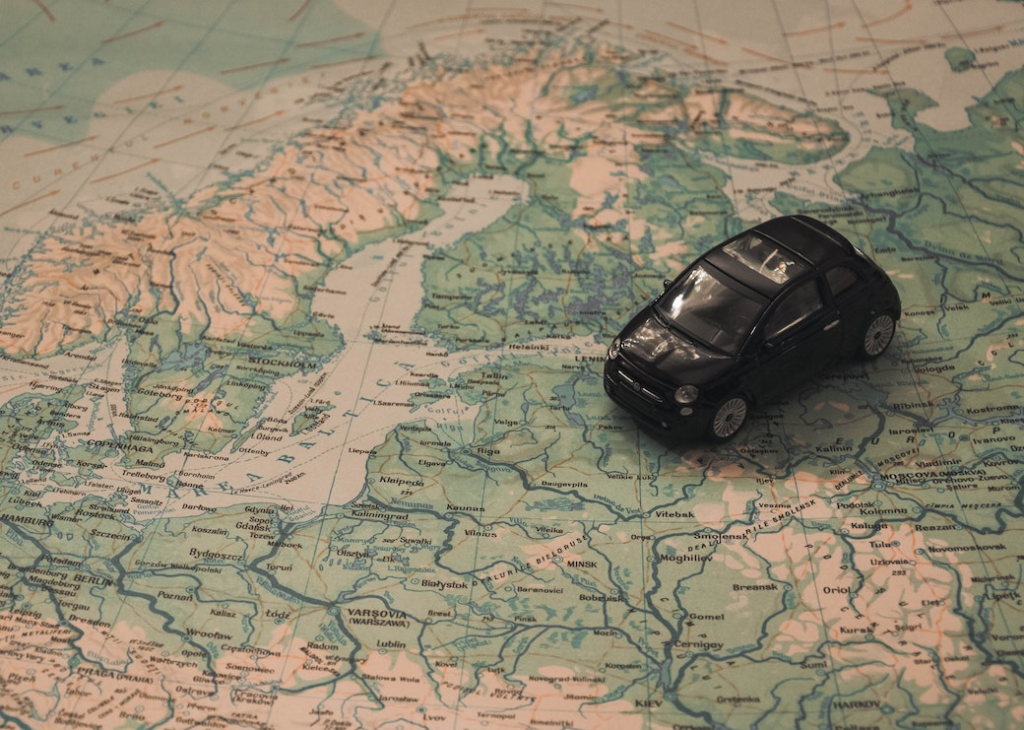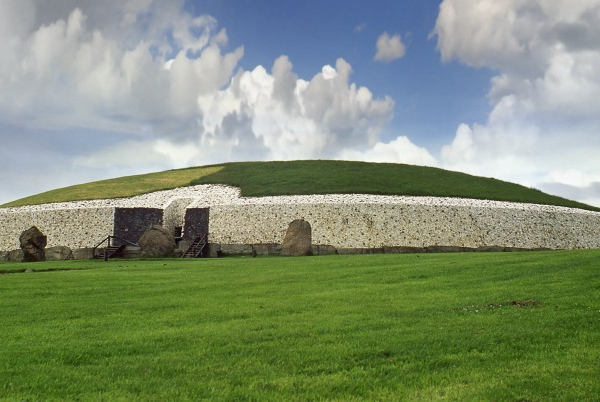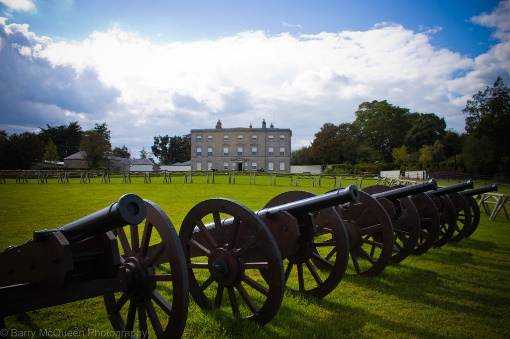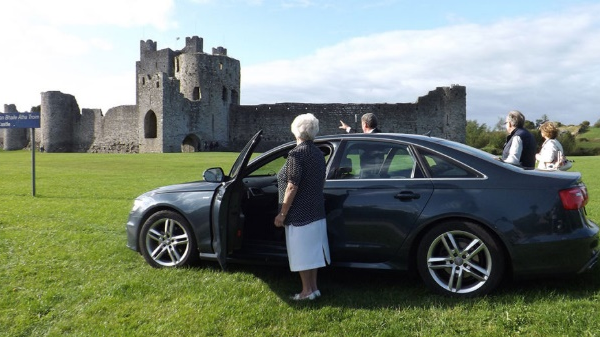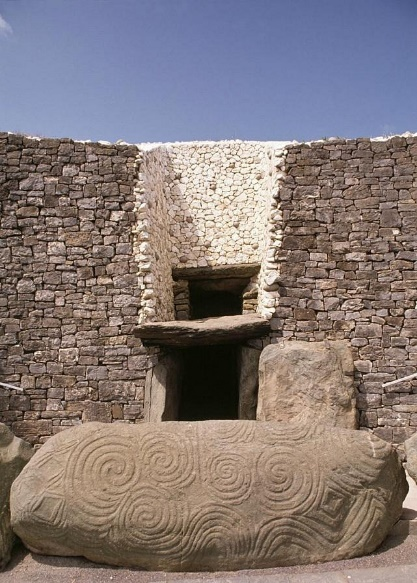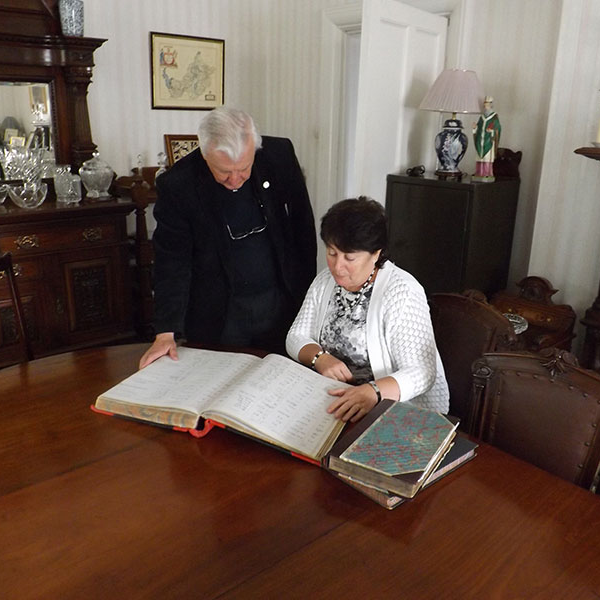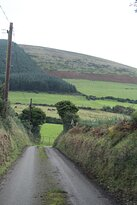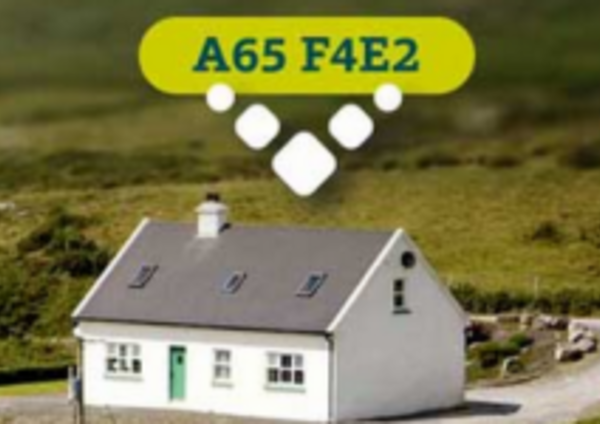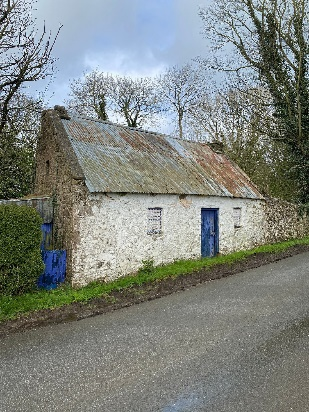Most people start researching their family tree out of curiosity, which quickly becomes a new hobby. This is also how most genealogists start their careers. Donald Lines Jacobus describes tracing your roots as a “fascinating pastime.” He also said that some people love discovering that their ancestors connected to major historic events. It’s always exciting to learn that someone related to you played a remarkable role in history.
But what exactly does a genealogist do that makes their job so interesting? Read on to find out.
Who is a Genealogist?
A genealogist is a professional who investigates a person’s family tree by consulting historical records. Court records, immigration files, and the original tax books are just a few of genealogists’ public and private materials to piece together family trees and track generations of ancestry. They also act as consultants for their customers, providing advice and initiating research projects.
Dublin and Belfast are the primary repositories for Irish genealogy records. Although genealogists can do their work from just about everywhere in Ireland, they often specialise in one region.
How do Genealogists Help People?
A genealogist does more than just help you trace your Irish roots; they also help with:
Strengthening your identity and relationships
People often argue that our culture has evolved throughout the years, and there’s a growing trend toward individualism. People need to feel like they are part of a close-knit community or even a family. Genealogists help you achieve this by locating your long-lost ancestors and relatives. Even a fifth cousin feels like close family when you consider your shared ancestry. Moreover, finding out that your ancestors hailed from Poland, Netherlands, or even Spain strengthens ties to those countries.
Help you deal with setbacks
Over time, we have witnessed how learning more about your family history can heal emotional wounds and mental anguish. Many clients are curious as to whether their family members were military heroes or complicit in war atrocities. Adopted individuals often attempt to locate their birth families. Combining DNA analysis with more “conventional” approaches to family history research can yield surprising results. Learning about the experiences of your ancestors helps you make better decisions for yourself.
Use resources that you can’t access
Unfortunately, not everyone has the resources, the time, or the know-how to investigate their family history. Those unable to do their ancestry research often turn to experts for assistance, and they are usually more than willing to pay for the service.
Forensic genealogists are professionals who use their knowledge of family history to aid in legal proceedings and court cases. Some medical professionals use genealogy research to learn more about genetic disorders. Other experts track down potential beneficiaries of an estate. These genealogists seek out living relatives instead of researching the past.
At My Ireland Family Heritage, our team of expert genealogists and tour guides do the research necessary and then arrange custom Irish ancestry tours in Ireland. They use local information resources to trace your Irish roots and then take you on a one-day family heritage tour of the locations your ancestors once inhabited.
Reach out to us to learn more about our genealogy research and heritage tours in Ireland.


